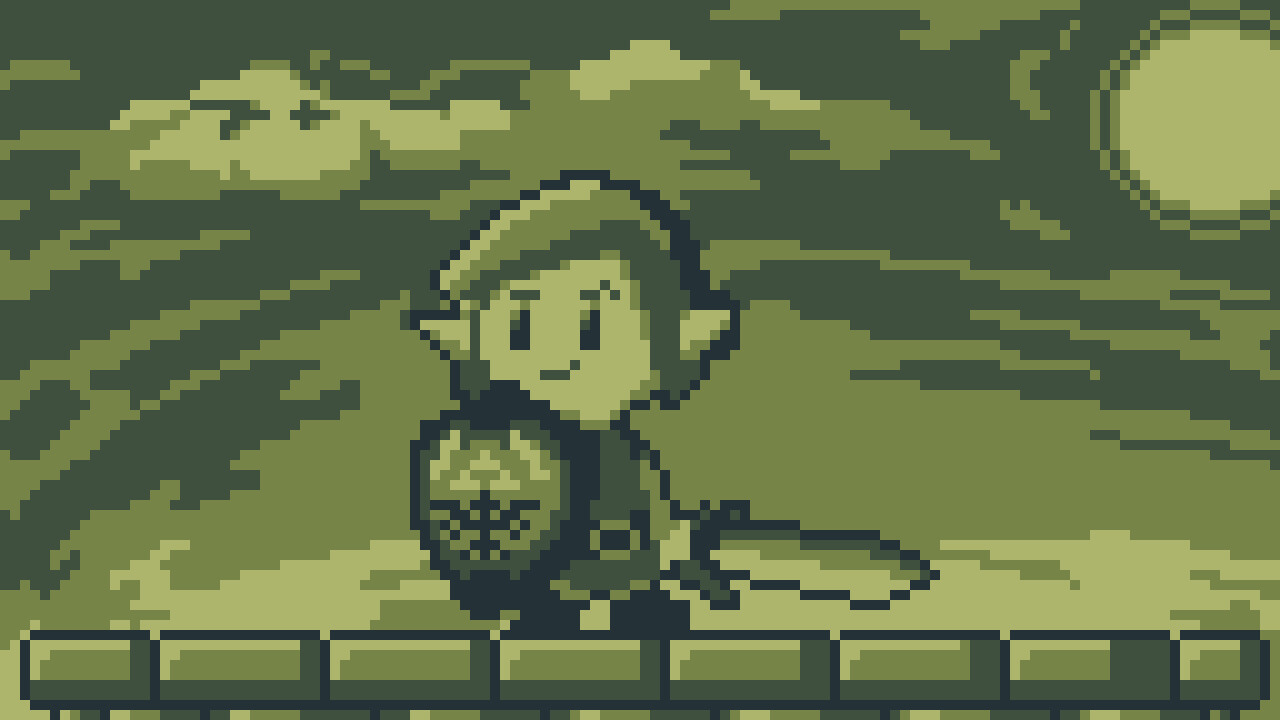Share
When people think of role-playing games, they might immediately think of dice, character sheets, and stacks of books at a kitchen table with friends. They might also think of video games like the Fallout franchise or Souls series, where the player alone is left to be a force of change within the game’s world. It is very rare that a video game manages to capture the feeling of both in terms of its classic appeal and emphasis on player agency while being completely unique in its execution.
In Freehold Games Early Access roguelike role-playing game, Caves of Qud, you’ll explore a science-fantasy world oozing with personality in the form of sentient plants, ancient robots, and albino apes. The game invites you to “…chisel through a layer cake of thousand year old civilizations” and decide if the world you are inhabiting is ultimately a dying earth or one that’s slowly being reborn.
A Digital Role-Playing Experience Unlike Any Other
Caves of Qud is an open world of seemingly infinite possibilities and brutal endings where your character can be beaten to death by a baboon with a rock or annihilated by a Chrome Pyramid armed with the equivalent of a missile-firing shotgun. While the ASCII visuals convey minor details to identify different objects within the game, it is the prose that truly brings the world to life. The story isn’t presented with introductory exposition or a cutscene, instead, it unfolds through background lore found in items, conversations with NPCs, and objects like monuments and shrines scattered across the game’s landscape. “There’s a story in every nook, from legendary items with fabled pasts to in-game history books written by plant historians,” reads an excerpt from the game’s website. “A novel’s worth of handwritten lore is knit into a procedurally-generated history that’s unique to each game.”

As of this writing, the author has yet to even touch the tip of the iceberg on Qud’s content, and that’s not for lack of trying.
Perhaps the most striking thing about this game is its similarity to traditional tabletop role-playing games (TTRPGs). Everything from character creation to the actions a player can take feels like something you’d find in a player’s handbook. Attacks are handled with an unseen 20-sided dice, the damage is incremented with smaller dice values (d3, d6, etc.), and there are more than enough conditions and modifiers to hinder or enhance your abilities while wandering through Qud (turns out walking through an acid cloud is bad for the lungs). The game captures the classic feel of Old School Revival TTRPGs that draw their own inspiration from Dungeons & Dragons earliest iterations, and it adds a new layer of immersion to the game that makes replaying it all the more enjoyable.
Creating Your Character
Character creation can be a lengthy affair by merit of how many choices the player is given. Players are given the option of choosing one of two starting paths – each with their own advantages and disadvantages (like having access to mutations or better starting equipment or more attribute points to spend). There’s also the option to randomize all of your choices for a quick, chaotic process sure to leave you with some interesting results.
Currently, there are over 70 mutations and defects in the game that each offer a unique modification to your character. If you fancy digging claws, multiple limbs, and the ability to discharge lightning on accident when you move then roll up a Mutated Human. For players looking to have more of a futurist vibe to their character try out True Kin for an unmutated, cybernetically-modified good time.
All of this helps to create an experience where each character you make is genuinely yours. You aren’t just making a modified version of the Vault Dweller or Commander Shepard, instead you’re making Meat, the mutant butcher with an insectile carapace.

Welcome to the Jungle
If you’re familiar with roguelike games, then you know that death is a guarantee and that games belonging to this subgenre are trial and error simulators turned up to 11. While death is a promise in this game, there is a whole section of helpful hints and first steps a player can take that are meant to help a player survive and experience the world fully before venturing into a violent mob of Snapjaws.

Caves of Qud is a game that rewards patience. Your character’s first starting levels are going to be difficult and it will feel more akin to a survival-horror game than a role-playing experience at times. You will need to make camp out in the wilderness to prevent exhaustion, find sources of freshwater and food to keep your character healthy, and learn how to leverage your abilities to creatively dispatch enemies far stronger than yourself (remember that Chrome Pyramid mentioned earlier?). The game encourages you to familiarize yourself with the abilities and tools at your disposal or risk an early grave and a trip back to the character creation menu.
As you explore, die, and explore again you’ll learn more and more of the mechanics and nuances of the game that will help you discover Qud’s many exotic treasures, like the Ruin of House Isner, and secrets hidden within books like “From Entropy to Hierarchy” or “The Canticles Chromaic, Verses XVII-XXIV.”
Bringing Both Worlds Together
Qud is, in this writer’s opinion, a love-song to classic tabletop role-playing games where epic quests and world-threatening antagonists weren’t always the norm. It reminds players that you don’t always have to be the hero, that sometimes you can just be an oddity (or psychopath), and that’s fine. It also reminds you to take your time and enjoy the experience. This is not a game to be rushed through, and with nearly one million maps currently in the game, you’d be hard-pressed to even try. All of this to say is that Caves of Qud manages to capture what few other role-playing games have managed to do in recent memory, and that is a true sense of creative freedom to explore a world filled with wonders while having the option to make choices that will not just affect the outcome of a quest, but of the whole world.




